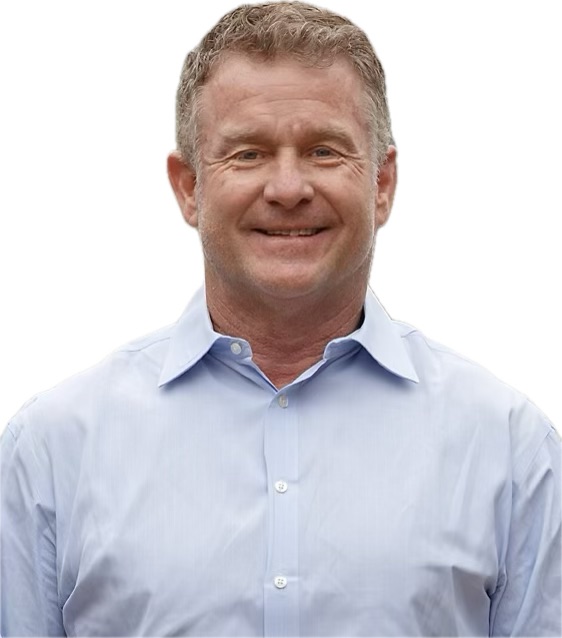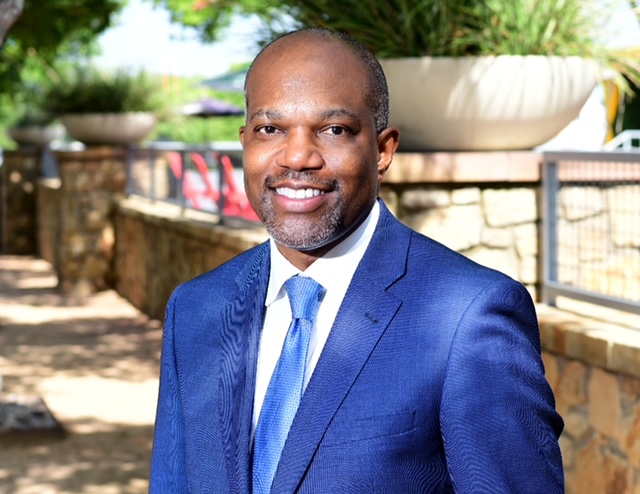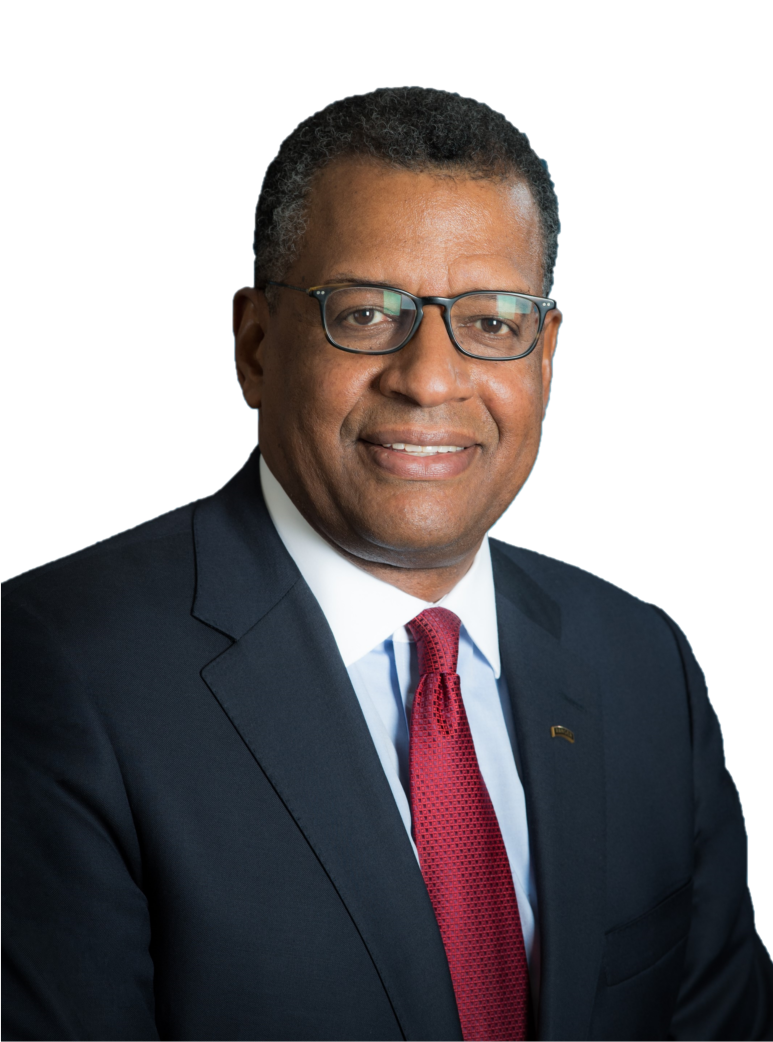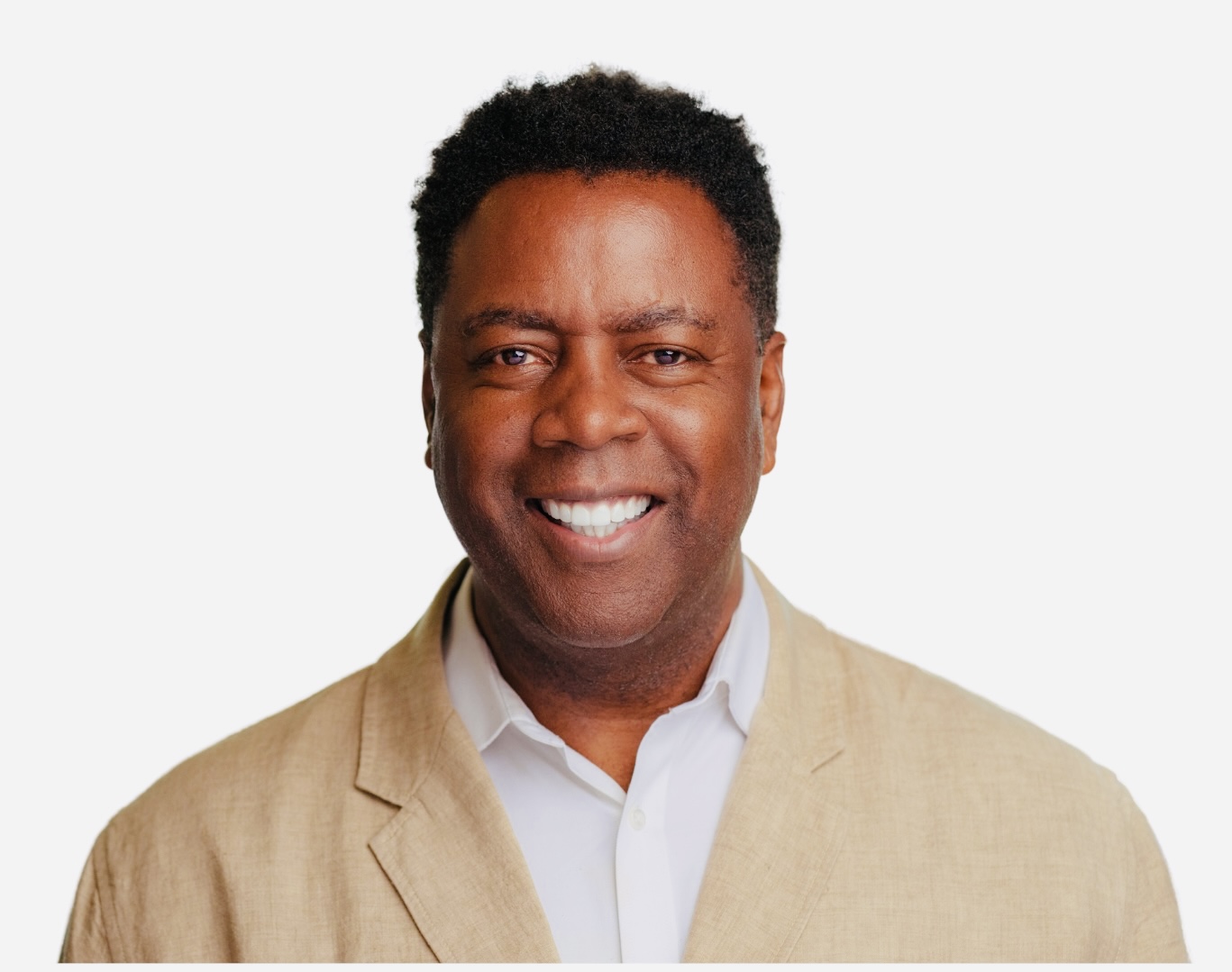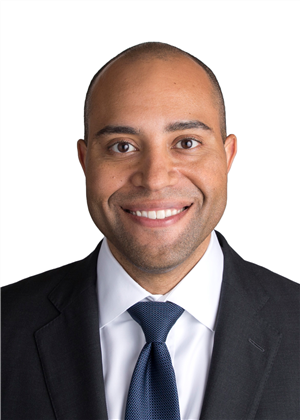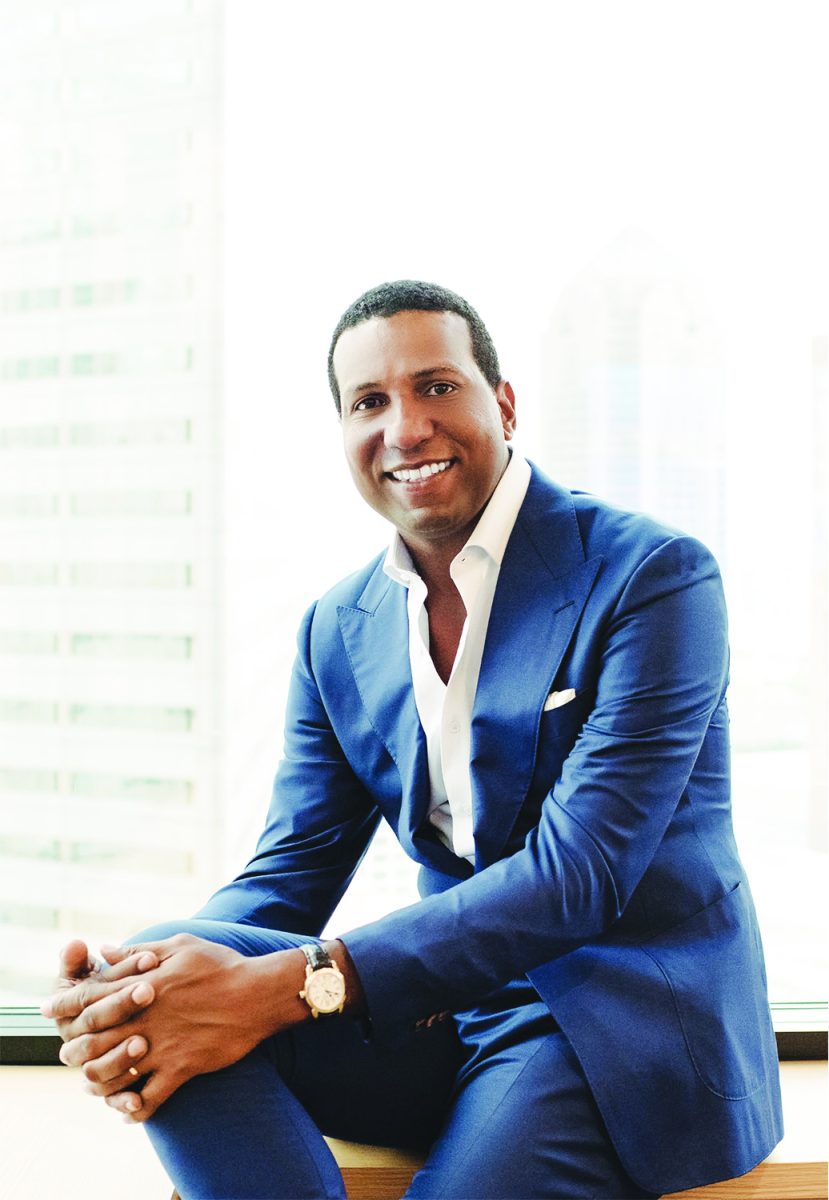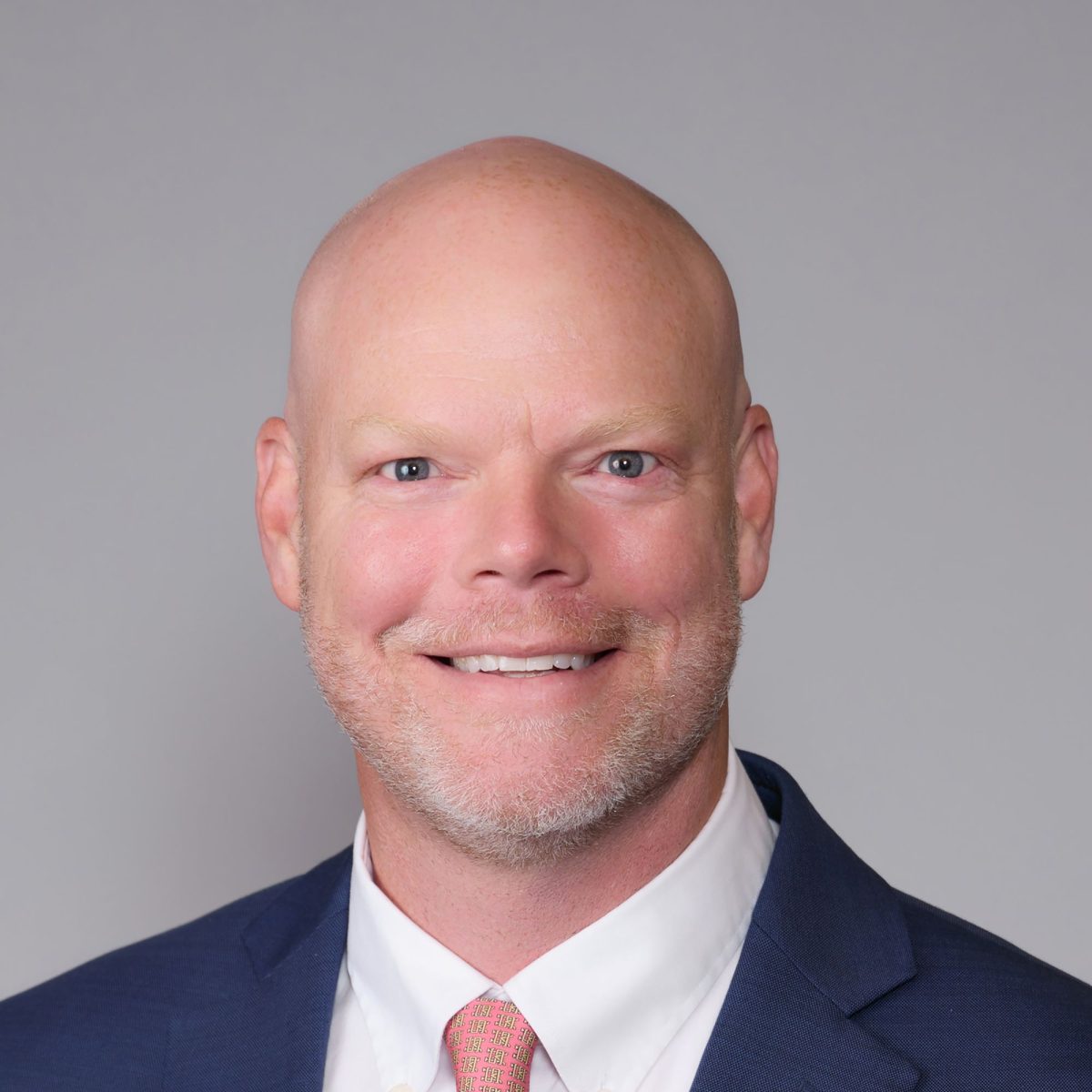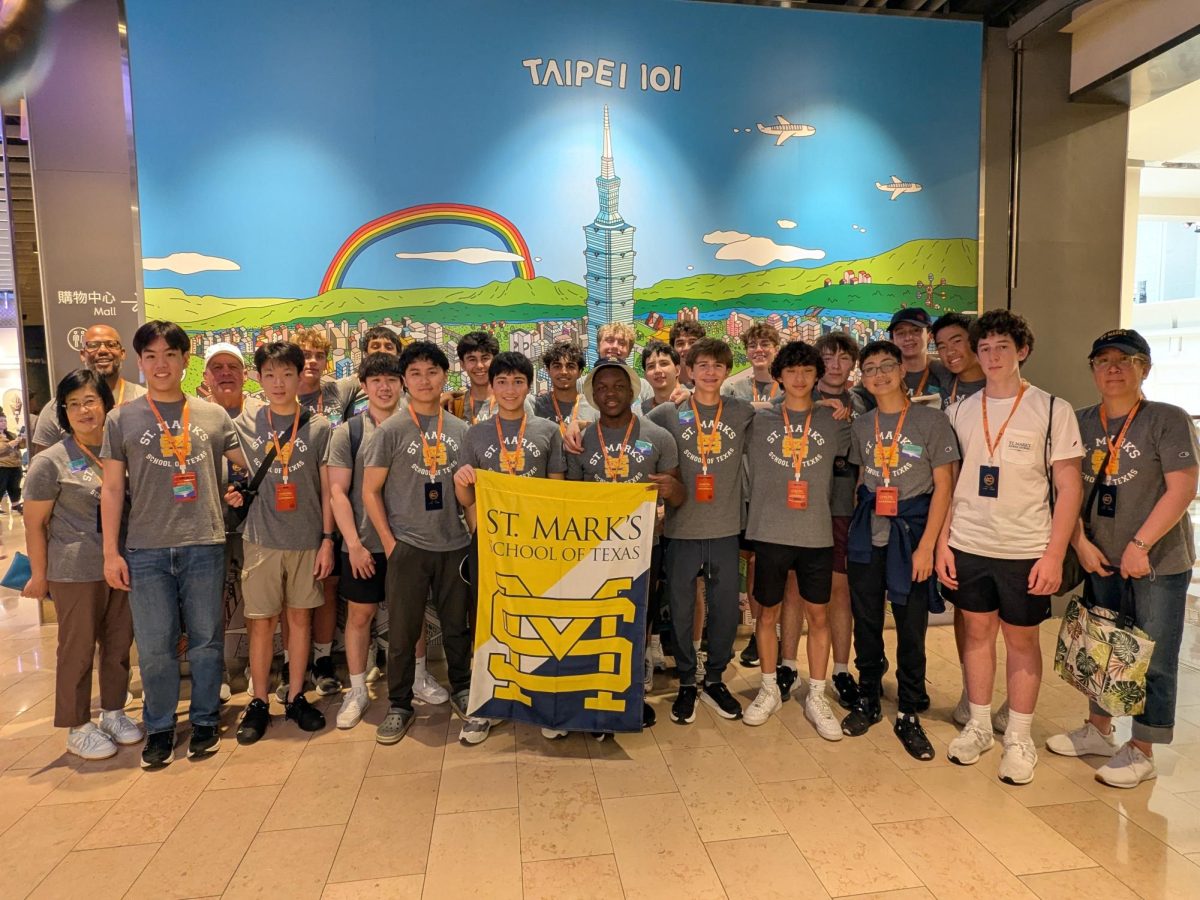Daron Babcock is the founder and CEO of Bonton Farms, an urban farming initiative located in the Bonton neighborhood of South Dallas, a historically marginalized area. Babcock moved to Bonton in 2012, initially starting with a small garden next to his home to help the community’s severe lack of access to fresh, healthy food. The farm’s mission has since expanded beyond providing fresh food—it also offers housing support, educational programs, and career mentorship to help uplift the community economically and socially. Today, Bonton Farms operates as one of the largest urban farms in the U.S., providing not only food but also job opportunities and holistic support to the community, aiming to address systemic inequities.
Lawrence:
How has your leadership played a role in ensuring successful implementation of diversity, equity and inclusion?
Mr. Babcock: One of the greatest values of leadership is trust and integrity. It is really hard to earn trust. No one gives you trust; you have to earn it. Your integrity is something that plays out every day. To demonstrate that you represent all people is a really important part of that trust and integrity piece. People watch and are observant of whether you live those principles out or not. The culture of an organization follows how leadership presents that culture and establishes a culture that is for all people, respects all people, and sees great value in all people. A good leader works to unite all people instead of dividing them. Leaders need to create a culture where everyone has value and equal opportunities for contributions and upward mobility. It should never be questioned if it is consistent.
Lawrence: How have you led with your head, heart, and hands in different stages of your career?
Mr. Babcock: A leader is not self-proclaimed or title-proclaimed. A leader indicates that people follow you. People follow you in two ways. One way is to insert your power over others, which is a destructive form of leadership. The other way is when people follow you because you stand for something that is admirable, something that people see value in and want to be a part of. You either leverage your power to get people to follow you because you leave them no choice because it is through coercion, or you cast a vision and lead a life in such a way that people naturally want to follow you. The title doesn’t indicate anything. If you have a 70% turnover rate, you are claiming to be a leader, but clearly, nobody wants to be with you or follow you. There are two choices: I can assert my power by yelling and screaming, or I can demonstrate my values and integrity in a way that people naturally gravitate to me. You become a natural leader in the latter. It is a great example of what is happening in Bonton. It is a place that people gravitate to and want to find a part of it because we stand for something the world longs for. There is a natural attraction to authenticity. When people and things are authentic vs superficial and made up. People know the difference so it is important to be transparent and authentic. People are drawn to people because of what they stand for and because they are consistent with what they stand for.
Lawrence: What does servant leadership mean to you? Do you have any specific testimonials of leadership situations that you were in that resulted in change in the communities around you.
Mr. Babcock: Two things come to mind. The first thing is a quote that says, “If you want to know who a true servant is, watch how they respond when they are treated as one.” There are a lot of people who say they are servant leaders, but they have the parking lot reserved for the CEO. They have all these things where they set themselves apart. So there is a contrast between who they say they are but they have all these special privileges that delineate them from us. I don’t think you can be a servant leader if you separate yourself from anybody, from beginner to executive, regardless of where they fall from.
The second thing is that it is shocking to me that some leaders don’t know their business. Servant leadership is best earmarked by people who never ask anybody on their team or community to do something that they are willing to do and will do. It’s another scapegoat. Some people say they are willing to help out, but they are never seen actually doing it. People are looking for servant leaders to see if you are one of us. It is not something you can demonstrate through words; it has to be lived.
Lawrence: What are the virtues of a good leader using real life examples?
Mr. Babcock: Character, integrity, consistency, humility, boldness, and courage are all essential virtues of a good leader. Leaders must make decisions that impact lives other than their daily. You have to be courageous to make those decisions. No risks, no rewards. The greater the risk, the greater the reward. Those things that come to my mind that I must exhibit daily as a leader or fail to be a good leader.
Lawrence: How do you lead through ethical and unethical decision making? Do you have any examples of having to make a difficult decision solely based on ethical motivation?
Mr. Babcock: That is where the courage part comes in. That gets people to say, “I will follow that man.” Part of leadership is creating some sort of consensus so that progress can be made. I must have the courage that not everybody will like me, but I am going to make the right decisions despite that. Leaders often make moral choices despite the consequences.
Lawrence: How have your experiences helped you to successfully lead in your organization and lead those around you?
Mr. Babcock: We tend to be in a cultural phase in our country where each man is his own. We recognize that we are only as strong as our weakest link. A rising tide raises all ships. We are indeed in a community, and if you leave people behind, it affects the whole community.
Lawrence: What do you believe are the essential elements of a good leader?
Mr. Babcock: Honesty, integrity, character, consistency, humility, and courage. Empathy and genuine care and concern for the people around you. I think a harder one is recognizing that a leader is primarily defined by how the people grow. One of the pitfalls I’ve experienced is trying to do too much on your own and not investing in the people around you. Investing and growing the people around you is a daily struggle for many leaders and one that I have struggled with the most and being consistent with it.
Lawrence: We often also talk about the importance of being a good man or good woman. What does it mean to be a good man or good woman to you?
Mr. Babcock: I am a Christian and a man of faith, so my answer has a lot to do with what God describes as a man. We have a simple definition down here. Working with people that have been incarcerated, been in gangs or involved in violence, or just felt left out by society. People would come along and say they wanted a different life from the one they were leading. I would tell them in order for me to be an advocate for you, I have to be honest and you are not going to like it all the time. Sometimes being honest hurts, but it is the best thing. I need permission to be honest with you. It is a complicated question. A grown man is a person who takes responsibility for their responsibilities, whatever they may be. A man takes his responsibilities seriously. You don’t make excuses. Whether you are good at them or not, you continue to strive to do better towards your responsibilities. I grew up in the mid-60s when the definition of a man almost killed me because a man was not to show emotion. A man was to be strong and command respect. A man was to show no weakness or emotion. All of a sudden, life happens, and it is complicated. I was taught to suppress all of the things that I felt, and if you don’t allow yourself to feel things, it can become a cancer and can eat you alive from the inside out. We must be careful about people’s definitions because they can strain and are relevant to the time and culture, but they are not necessarily aligned with believing in a creator. I can’t define a man outside who my God says a man is. As a husband and a father, it says I am supposed to lay my life down for my family. Does that mean I’m this powerful guy that everyone is supposed to obey, or does it mean I am willing to sacrifice and die for the safety and protection of my family? I’m going to do the right thing.
Lawrence: How have you used some of the elements of thriving in leading people in your organizations?
Mr. Babcock: Being a person of faith, the Bible tells me that I’m to pick up my cross and die daily, which means that it is a pursuit that I will never arrive at a destination. Our challenge here is to be better than I was yesterday and learn from and grow from my mistakes.
Failure is not this enemy of us. Failure is the vehicle in which we learn. If I’m not failing, I’m not risking, I’m not courageous enough, and I’m not growing. It is the willingness to reflect in the mirror daily and challenge yourself to improve.
Lawrence: What has been the most impactful to your organization as a servant leader? How has this affected your leadership style and those around you?
Mr. Babcock: The best answer to that has to come from the people around me. I hope that the people around me will say that we’ve done this together and that we are a family that genuinely cares and shares each other’s burdens and victories. That testimony would be indicative of being a servant leader. You would have to go around and get a true reflection of people to see if those things we strive for are felt by those who create that definition. You can’t self-define. If I’m successful, the people around me will say, yes, we have created a family where we are all valued and respected. Yes, we all have roles, but it is not this power thing where this guy is my boss. I hate the word “boss” because it is counterproductive. We need each other, and everyone’s gifts are reflected. If the people around me said that, I would be honored that I’m making progress. Most of the time, I don’t live up to that. I’ll try to learn from that failure and grow. The people around you have to give that answer. The role of a leader is to build up the people around them and empower them.
One of the hardest things is we created something we love, value, and cherish. The man who introduced me to this neighborhood and people led an organization called Bridge Builders, and he had stage four lung cancer. One of the things I learned from him was this challenge in his passing, which was a huge letdown and a time when an organization almost died. I don’t want to do that because I believe so much in the work and the people here, so I’m in the middle of this tricky thing because I have to let go as a leader. If I were to die tomorrow, and I didn’t let go of that power and let people grow and fill in those gaps, any voids I was doing, other people in my absence would step in and start doing. I can’t hold too much control and authority. It’s not a science; it’s an art. In the beginning, you have to do a lot of commandment control. As you mature as a leader, it is the art of knowing when to let go of things and when to say no.
Lawrence: What is the best way to prepare to be a leader? How have you prepared those in your organization to be a leader?
Mr. Babcock: Serving people is essential. If you walk alongside people and understand their situation, circumstances, needs, and desires, you become an ally to see their lives become full and robust. If you let people meet their potential, they will naturally start gravitating to you and follow you by nature, not by nature or pay. People will start following you. It is a natural thing you earn over time. Yes, people get leadership roles and tiles. Some may grow into it, but leadership is best learned by growing. The Bible describes us as a body. Leadership is recognizing that my brain is just as important as my heart. We tend to put emphasis on the brain. The more we recognize if I choose to be a leader or mop the floors, every part of that is vital. This community has given me this awareness of how richer life is when you are around people who aren’t like you. When I came down here, most people might think I didn’t have much in common with my community, but we recognized that we had way more in common than we had differences. The things that are different about us are rich. My community suffered a lot and has been marginalized, so there’s this strength and resilience because they are survivors. I get to benefit from their strength and resilience. There is this mutually beneficial relationship. I wish the world would see the richness in diversity that elevates all of us because we contribute parts of the recipe of human flourishing that we can’t get when we are homogenized and have people around us who seem to have so much in common. If other people just experience that richness, the world would be exponentially better.

